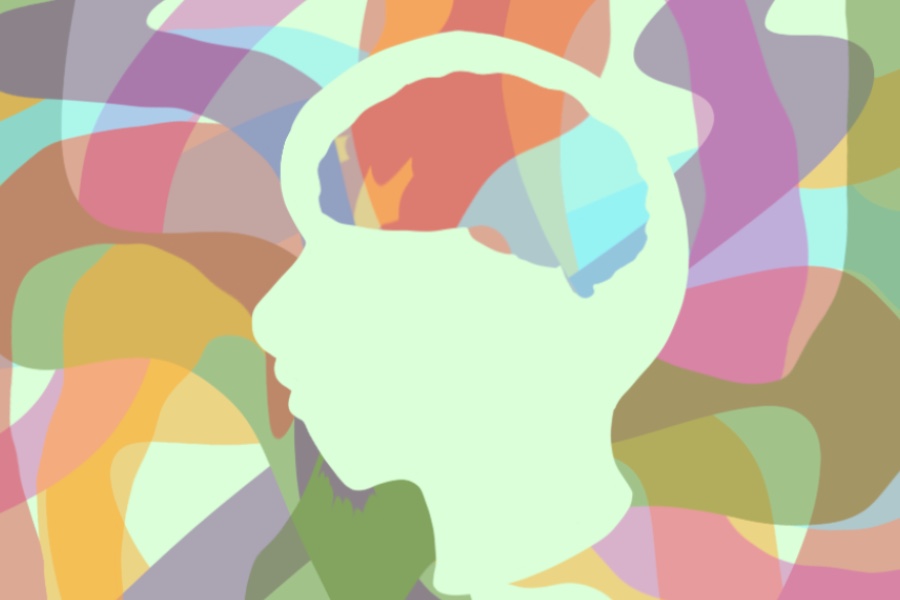Resilient NU promotes wellness practices and mental health discussions
File illustration by Olivia Abeyta
Resilient NU is an organization on campus that seeks to promote wellness practices for students.
July 17, 2022
When he arrived on campus as a freshman in winter 2021, Medill sophomore Max Bennett said he didn’t know how to cope with starting his first year in such an isolated manner. Joining a cohort with Resilient NU at his mom’s suggestion soon provided social interaction amid the pandemic.
“I still felt like I could connect with people even though I wouldn’t be physically near them,” Bennett said. “I would still be able to just talk with people.”
Resilient NU is a psycho-educational organization on campus dedicated to educating students on wellness and promoting discussions surrounding mental health struggles at Northwestern. Part of the University’s Department of Health Promotion and Wellness, the organization has one virtual cohort for five weeks this summer, but hosts a mix of virtual and in-person cohorts throughout the school year.
According to the Mayo Clinic Health System, up to 44% of college students reported having symptoms of depression and anxiety and about 75% of students who are struggling are reluctant to seek help.
Sam Conway, staff co-facilitator and co-founder of ResilientNU with Neha Basti (Weinberg ’20), said the organization provides a space for students to come together and learn about wellness practices and skills for coping with a stressful school environment. The cohorts are free to students, regardless of whether they are in undergraduate or graduate programs, she added.
“Everything is student and staff-led,” Conway said. “Our cohorts themselves are always run by a student and a staff member, so we have both of those perspectives.”
Conway said the organization will sometimes run identity-based cohorts, led by student facilitators who share the same identity, throughout the year in order to provide safe spaces for marginalized students.
Weinberg junior Christian Colon said they led cohorts that were not identity-based in the past, but hope to lead queer-based cohorts in the future. Colon said leading a cohort while struggling with their own mental health was comforting because of the solidarity they found.
“Week four (of the program) is where students talk about overcoming something,” Colon said. “After that week or during that session, people connect in a way they weren’t connected before. Everybody kind of realizes that on some level they’ve been on the same page of, ‘Life is hard, mental health isn’t straightforward.’”
Bennett, who now serves as a student facilitator for the program, said he found mutual peer support through the program. As a student facilitator, he wants to continue sparking discussions about wellness and mental health.
“It’s been nice knowing that on some level, we’ve been able to help people, we’re able to create that space,” Bennett said. “If you’re not doing too hot, you don’t have to fake that. You can grow from it, you can talk about it, you can find support.”
Sixth-year Ph.D. candidate Grace Bellinger (Feinberg M.P.H. ’22), a student facilitator, said she joined a cohort during the summer of 2020 when she was struggling to find a sense of community. She has now led three cohorts specifically for graduate students and said investing a short amount of time for five weeks paid dividends for her wellness.
“I think the programming really helped me develop a toolbox I could use to demonstrate my own resilience,” Bellinger said. “The program really draws participants attention to the fact that they already have resilience within them.”
Email: [email protected]
Twitter: @selenakuznikov
Related Stories:
— ‘Anyone is welcome’: Peer-led model of walk-in mental health crisis care comes to Evanston


